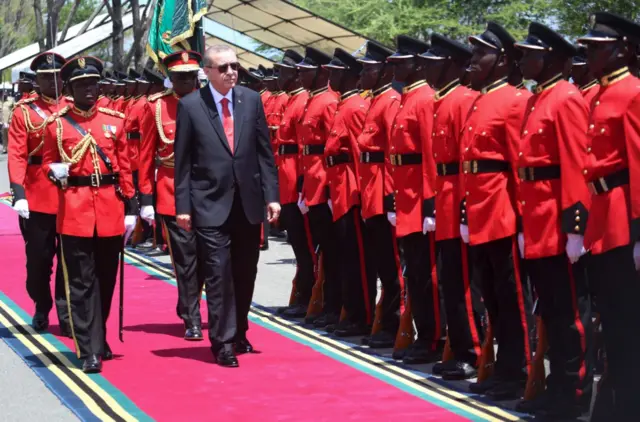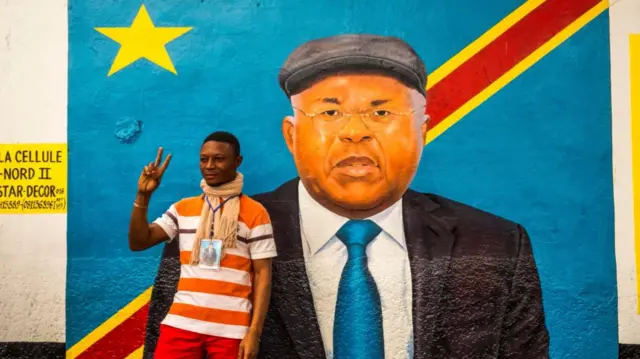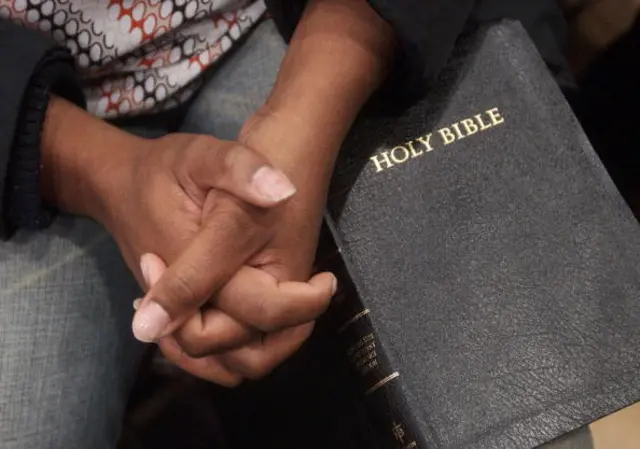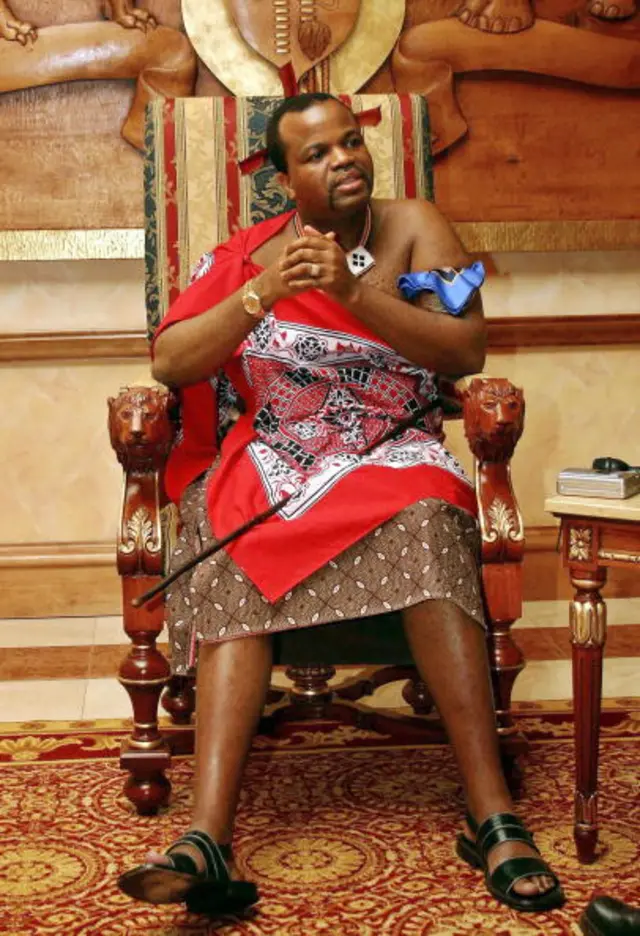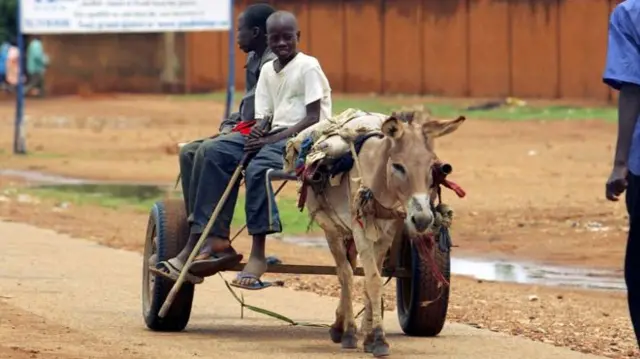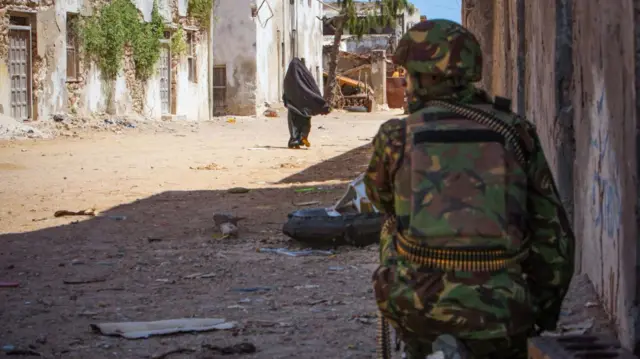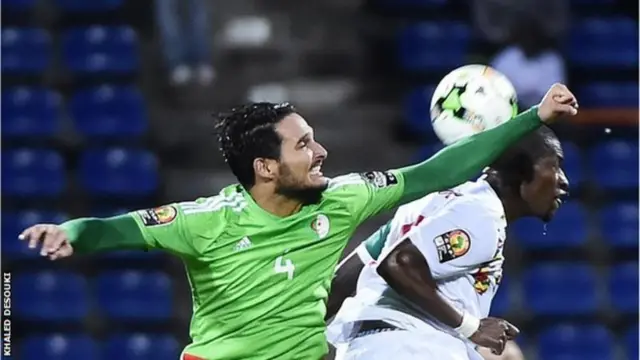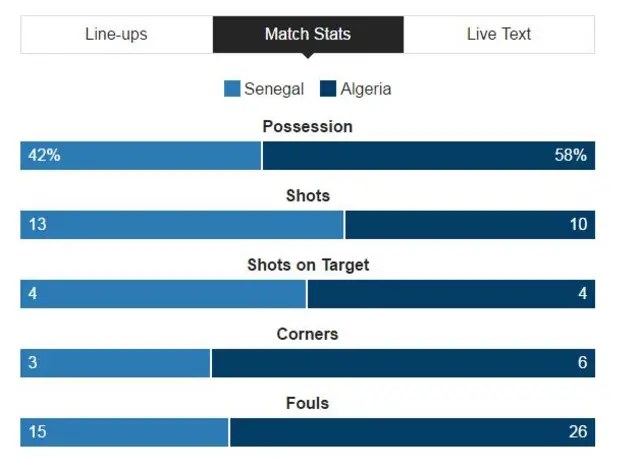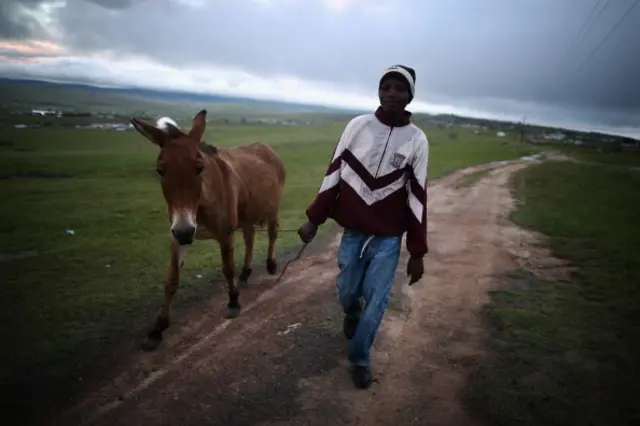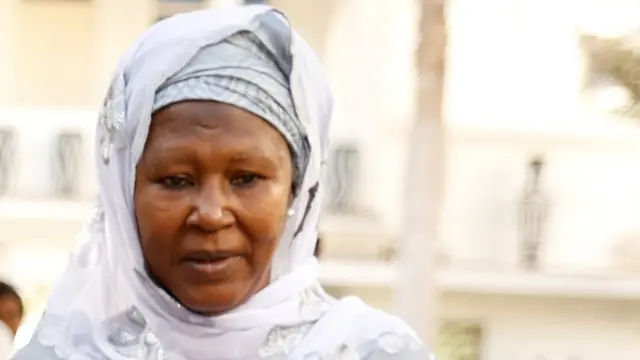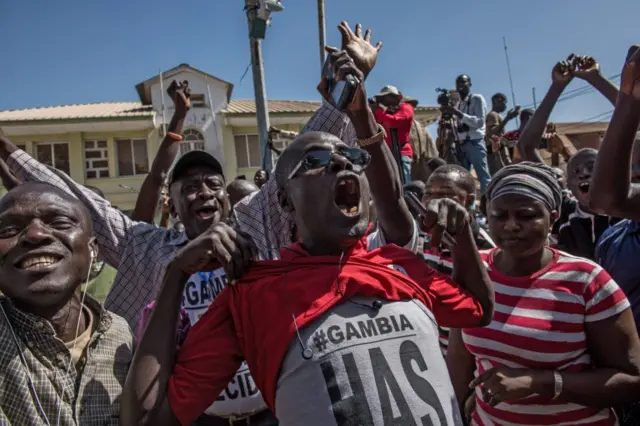UN peacekeepers in Sudan accused of smuggling weaponspublished at 11:52 GMT 24 January 2017
 BBC World Service
BBC World Service
The Indonesian government is investigating claims that some of its peacekeepers attempted to smuggle weapons while returning from a UN mission in Sudan.
Several Indonesian police officers were arrested by the Sudanese authorities last week on suspicion they were trying to leave the country with 29 Kalashnikov rifles and approximately 70 other guns inside their luggage.
Indonesia's foreign ministry spokesperson said they believed the luggage did not belong to the police officers, and there were inconsistencies in the information they had received.
